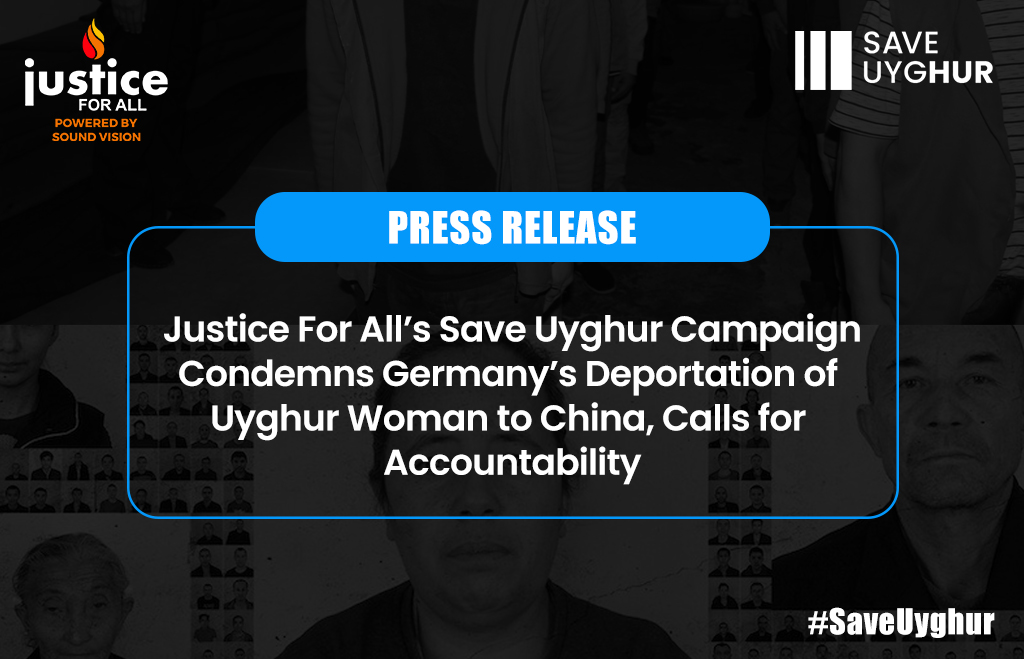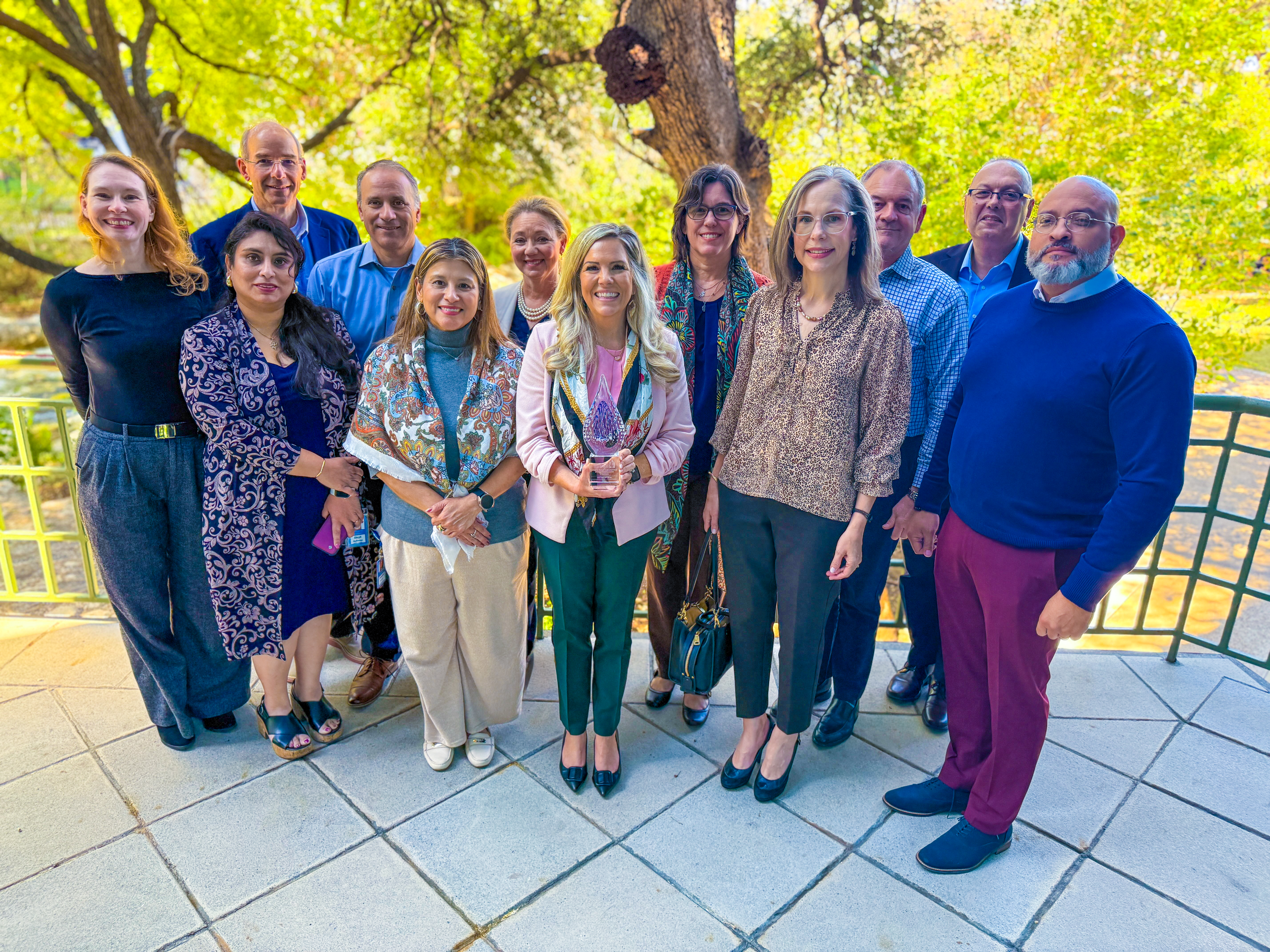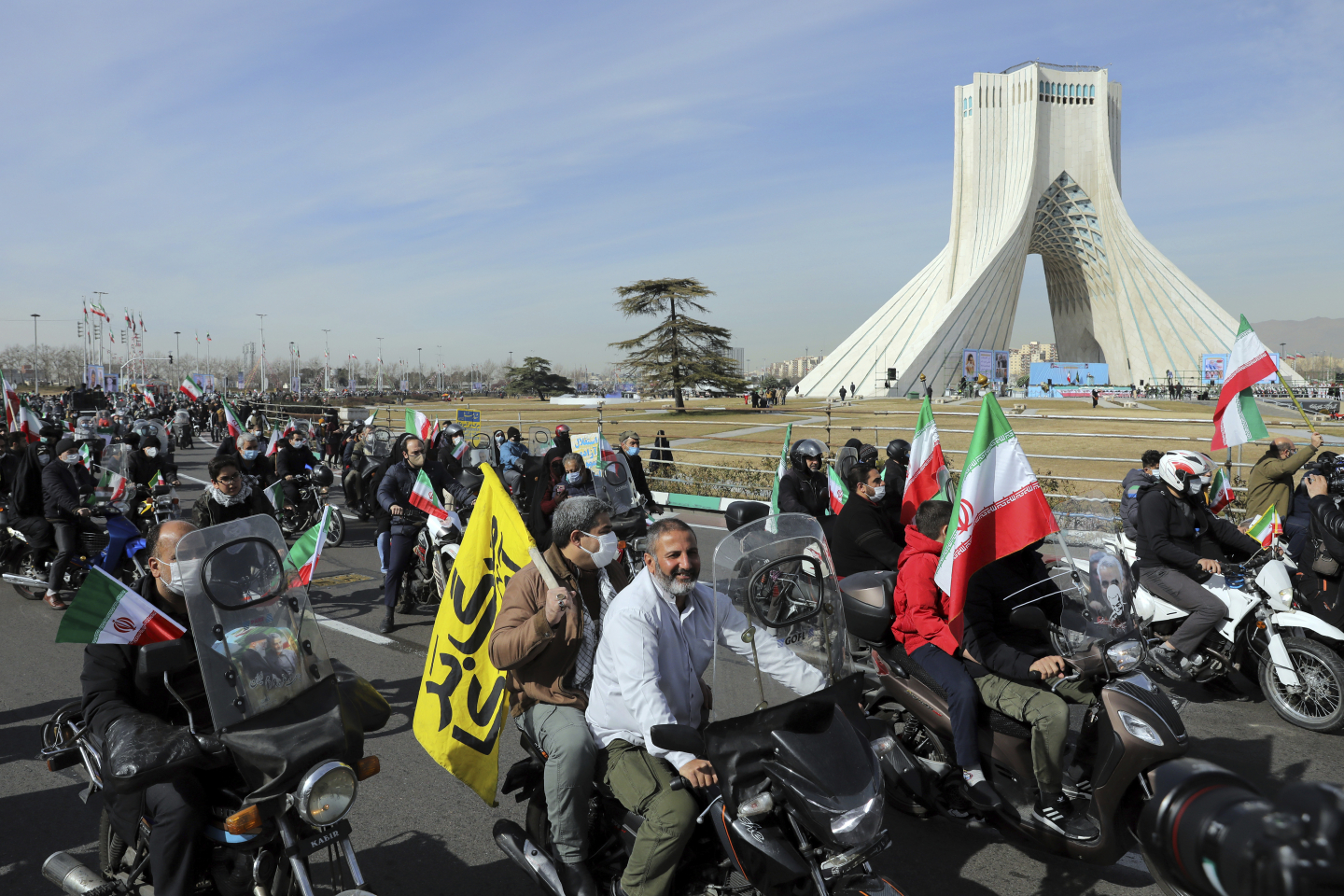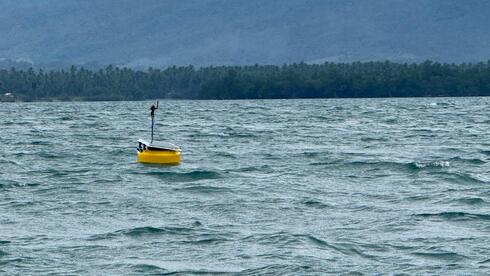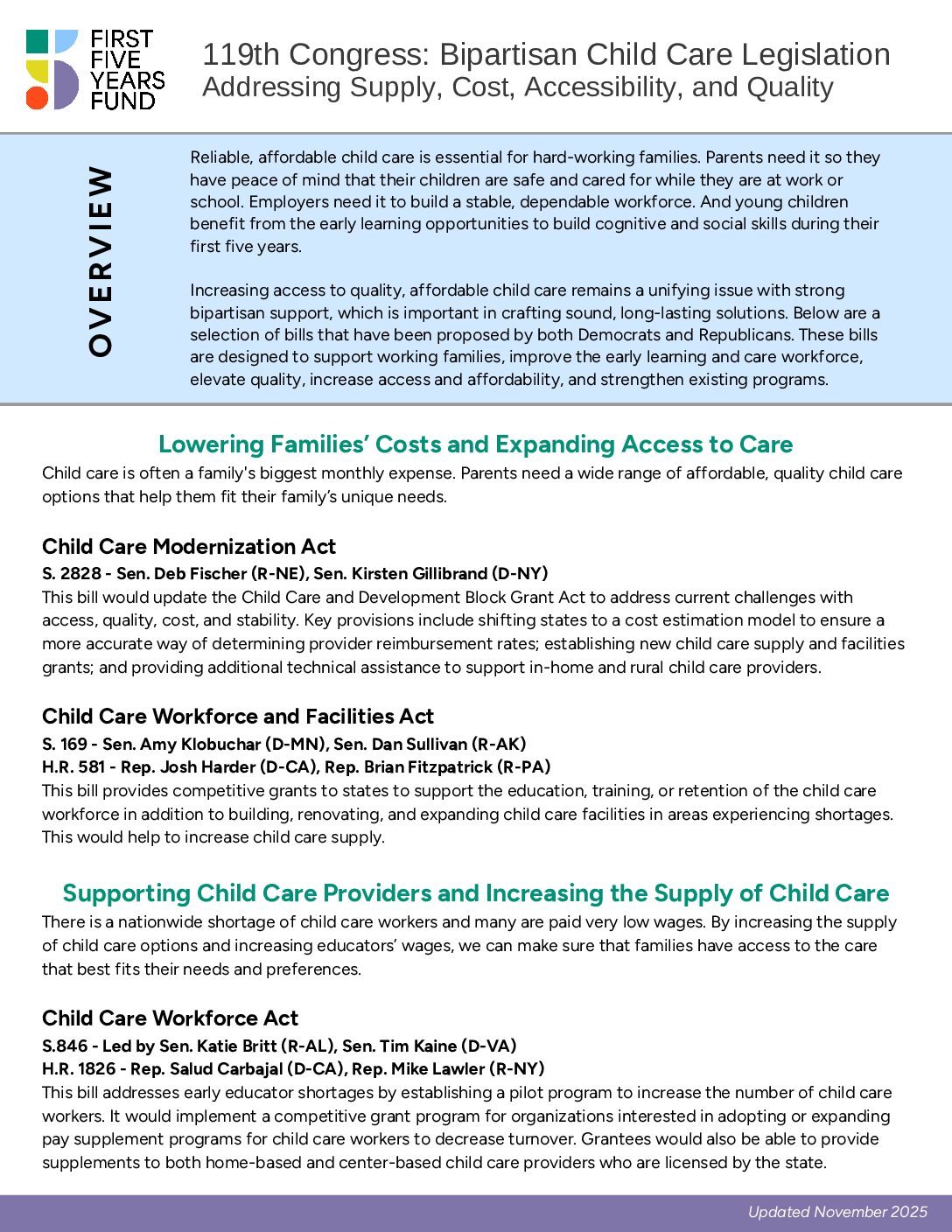SEA WORLD Arms Ship Breaks Down Off Puntland, Triggers Tensions Over Arms Flow in Somalia – Garowe Online

Incident Report: Vessel SEA WORLD and Implications for Sustainable Development
Executive Summary
A cargo vessel, the SEA WORLD, experienced mechanical failure off the coast of Puntland, Somalia, on July 18, 2025. The vessel was reportedly carrying a shipment of weapons, raising significant concerns related to international security and Somalia’s progress toward the Sustainable Development Goals (SDGs). The incident highlights critical challenges in governance, security, and international partnerships, particularly impacting SDG 16 (Peace, Justice, and Strong Institutions) and SDG 17 (Partnerships for the Goals). The Puntland government is currently conducting an investigation at the Port of Bosaso.
Analysis of the Incident in the Context of SDG 16: Peace, Justice, and Strong Institutions
Violation of SDG Target 16.4: Reduction of Illicit Arms Flows
The event represents a direct challenge to the global commitment to reduce illicit arms flows. The lack of transparency surrounding the vessel’s cargo and voyage undermines efforts to achieve peace and security.
- Opaque Voyage: The vessel’s route from China, with a questionable stop in conflict-affected Sudan and conflicting reports of cargo origin (Azerbaijan vs. Turkey), points to a deliberate lack of transparency that facilitates illicit trade.
- Risk of Diversion: The access to the weapons by civilians before security forces arrived, coupled with the lifting of the UN arms embargo, illustrates the high risk of arms diversion to non-state actors, including terrorist groups like Al-Shabaab. This directly contravenes the objective of SDG 16.1 to reduce all forms of violence.
- Organized Crime: The nature of the shipment suggests potential links to organized crime, which SDG Target 16.4 aims to combat.
Challenges to SDG Target 16.6: Effective, Accountable, and Transparent Institutions
The incident exposes severe weaknesses in institutional accountability and transparency within the Somali federal system.
- Lack of Federal Transparency: The Somali Federal Government’s failure to inform federal member states, such as Puntland, about the arms shipment demonstrates a lack of accountable governance. A Puntland official noted, “Puntland has a responsibility to know where the cargo was going and who was the beneficiary.”
- Weak Oversight Mechanisms: The federal government reportedly lacks the mechanisms to ensure arms shipments reach their intended recipients, creating a governance vacuum that threatens national stability.
- Undermining Counter-Terrorism Efforts (SDG 16.a): Puntland conducts independent counter-terrorism operations against ISIS and Al-Shabaab. The uncoordinated importation of arms, which could potentially fall into enemy hands, directly undermines the capacity of regional institutions to combat terrorism and prevent violence.
Implications for SDG 17: Partnerships for the Goals
Failure to Foster Inclusive Partnerships (SDG Target 17.16)
The role of international partners, particularly Turkey, highlights a flawed partnership model that impedes sustainable development by reinforcing centralization and undermining Somalia’s federal structure.
- Centralized Engagement: Turkey’s diplomatic and economic engagement is almost exclusively with the Federal Government in Mogadishu, bypassing federal member states. This approach neglects the multi-stakeholder partnerships necessary for balanced and sustainable development.
- Erosion of Federalism: By ignoring federal states like Puntland and Jubaland, this partnership model weakens the federal governance system outlined in Somalia’s constitution, hindering the development of strong, decentralized institutions (SDG 16.6).
- Selective Investment: Turkey’s significant investments—including the TURKSOM military base and management of Mogadishu’s port and airport—are concentrated in the capital. This creates regional imbalances and fails to support integrated national development planning, which is crucial for achieving SDG 11 (Sustainable Cities and Communities).
Conclusion: A Setback for Sustainable Development
The SEA WORLD incident is not merely a security breach but a clear indicator of systemic failures that threaten Somalia’s path to sustainable development. The lack of adherence to principles of transparency, accountability, and inclusive partnership directly obstructs progress on SDG 16 and SDG 17. Addressing these governance and partnership deficits is essential for controlling illicit arms, building lasting peace, and creating the stable foundation required for all other development goals to be met.
Analysis of SDGs in the Article
1. Which SDGs are addressed or connected to the issues highlighted in the article?
-
SDG 16: Peace, Justice and Strong Institutions
- The article’s core focus is on a suspicious arms shipment, the potential for these weapons to fuel conflict, the lack of governmental transparency, and the fractured relationship between Somalia’s federal government and its member states. These issues directly relate to promoting peaceful societies, reducing illicit arms flows, and building effective, accountable institutions.
2. What specific targets under those SDGs can be identified based on the article’s content?
SDG 16: Peace, Justice and Strong Institutions
-
Target 16.1: Significantly reduce all forms of violence and related death rates everywhere.
- The article discusses a shipment of weapons, which are instruments of violence. It also mentions ongoing counterterrorism operations by Puntland against ISIS and Al-Shabaab, as well as the civil war in Sudan, highlighting the prevalence of armed conflict and violence in the region.
-
Target 16.4: By 2030, significantly reduce illicit financial and arms flows… and combat all forms of organized crime.
- This target is central to the article. The entire incident revolves around a cargo of weapons with an opaque origin, route, and destination. The concern that arms shipments could reach “unintended actors, including Al-Shabaab” directly points to the problem of illicit arms flows.
-
Target 16.6: Develop effective, accountable and transparent institutions at all levels.
- The article explicitly states that “the federal government lacks mechanisms for transparency and accountability” regarding arms shipments. The complaint from the Puntland official that they “must be informed” and the analyst’s comment that Turkey’s approach “undermines the federal governance system” both point to failures in institutional effectiveness and transparency.
-
Target 16.a: Strengthen relevant national institutions, including through international cooperation, for building capacity… to prevent violence and combat terrorism and crime.
- The article highlights a disconnect in institutional strengthening. While Turkey provides military training through the TURKSOM base, this support is “largely limited to Mogadishu,” bypassing federal states. Furthermore, Puntland’s complaint about the “lack of support from the Somali Federal Government” for its independent counterterrorism operations indicates a weakness in national institutional cooperation and capacity building.
3. Are there any indicators mentioned or implied in the article that can be used to measure progress towards the identified targets?
Indicators for SDG 16 Targets
-
For Target 16.1 (Reduce violence):
- Implied Indicator: Presence and activity of terrorist groups (ISIS and Al-Shabaab) requiring counterterrorism operations.
- Implied Indicator: Prevalence of armed conflict in neighboring countries (civil war in Sudan) that can affect regional stability and arms trafficking routes.
-
For Target 16.4 (Reduce illicit arms flows):
- Direct Indicator: The seizure or interception of a suspicious arms shipment (the SEA WORLD vessel).
- Qualitative Indicator: The reported “arms leakage” since the partial lifting of the UN arms embargo, suggesting an increase in unmonitored or illicit flows.
-
For Target 16.6 (Develop effective institutions):
- Direct Indicator: The stated lack of “mechanisms for transparency and accountability” within the federal government for arms management.
- Direct Indicator: The lack of “meaningful institutional relationship between Turkey and Somalia’s federal states,” serving as a measure of non-inclusive governance.
- Qualitative Indicator: The demand from a Puntland official to be informed about arms shipments destined for Somalia, indicating a perceived lack of transparency.
-
For Target 16.a (Strengthen national institutions):
- Direct Indicator: The “lack of support from the Somali Federal Government” for Puntland’s counterterrorism operations.
- Qualitative Indicator: The centralization of international military support (Turkey’s TURKSOM base) that excludes federal member states, indicating an uneven approach to capacity building.
4. Table of SDGs, Targets, and Indicators
| SDGs | Targets | Indicators Identified in the Article |
|---|---|---|
| SDG 16: Peace, Justice and Strong Institutions | 16.1: Significantly reduce all forms of violence and related death rates everywhere. |
|
| SDG 16: Peace, Justice and Strong Institutions | 16.4: Significantly reduce illicit financial and arms flows… and combat all forms of organized crime. |
|
| SDG 16: Peace, Justice and Strong Institutions | 16.6: Develop effective, accountable and transparent institutions at all levels. |
|
| SDG 16: Peace, Justice and Strong Institutions | 16.a: Strengthen relevant national institutions… to prevent violence and combat terrorism and crime. |
|
Source: garoweonline.com

What is Your Reaction?
 Like
0
Like
0
 Dislike
0
Dislike
0
 Love
0
Love
0
 Funny
0
Funny
0
 Angry
0
Angry
0
 Sad
0
Sad
0
 Wow
0
Wow
0


